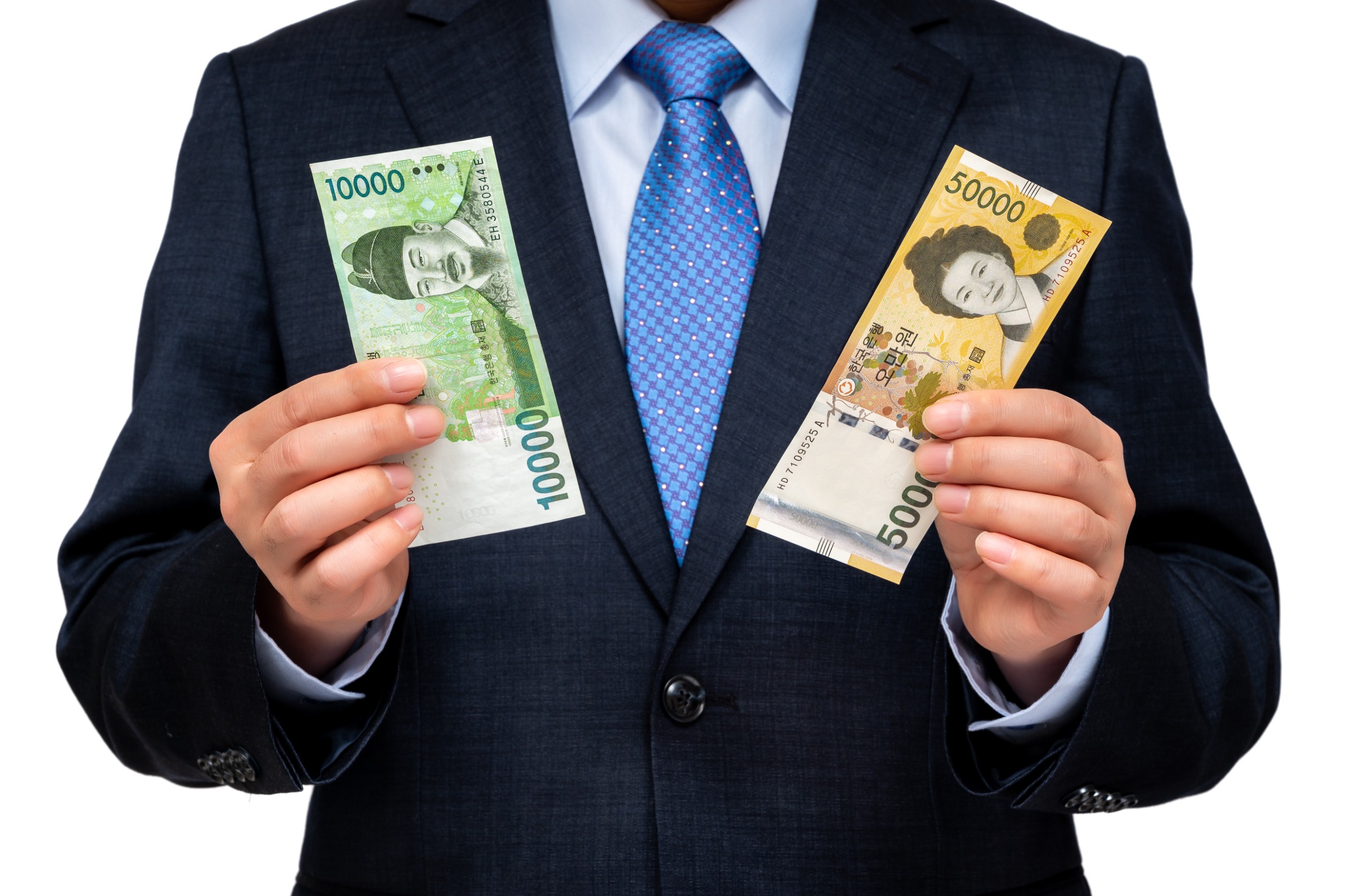South Korea’s Executive Pay 24 Times Higher Than Worker Average, Report Shows

In South Korea, the pay disparity between top executives and average employees in major corporations has reached a staggering level.
Last year, the average annual salary for CEOs of large companies was reported at 2.09 billion won, while their employees earned an average of 87 million won, resulting in a gap exceeding 1.9 billion won.
These findings are based on salary disclosures from 291 out of the top 500 corporations in South Korea.
The analysis revealed that while the average CEO salary saw a 2.9% increase from the previous year, reaching 2.09 billion won, the average employee salary experienced a 2.8% decrease, amounting to 87 million won.
The disparity ratio widened from 22.7 times in the preceding year to 24.1 times.
The gap was most pronounced at Kakao, where former CEO Namkoong Whon received a total of 98.99 billion won, including profits from exercised stock options, creating a 98-fold difference with the average employee salary of 99.78 million won.
Other notable companies with significant pay gaps included E-Mart with a 77.1-fold difference, Hyundai Motor at 70.1, and Hite Jinro at 68 times.
By industry, the retail sector exhibited the largest disparity at 35.8 times, while the banking sector showed the smallest gap at 9.6 times.
The number of companies where the average employee salary exceeded 100 million won dropped to 82 from 89 the previous year.
S-Oil topped the list with an average employee salary of 168 million won, followed by KB Financial, Shinhan Financial Group, and SK Energy.
The average salary for non-registered executives also saw a decline of 8.1% from the previous year, settling at 310 million won.
source: http://koreabizwire.com/south-koreas-executive-pay-24-times-higher-than-worker-average-report-shows/277263 |

